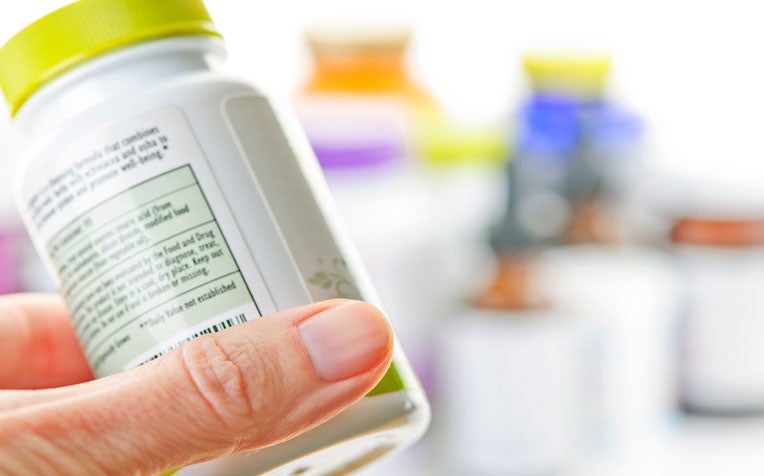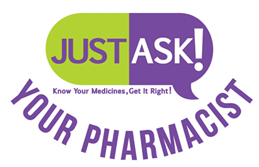
Medication labels also contain warnings about potential interactions with food or other drugs, storage and expiry.
Medications can interact with food and other drugs
Some can also cause side effects like stomach upset or sensitivity to sunlight. Some must be swallowed whole; some need to be discarded within a specified time after opening. Some come in different shapes and sizes, or go by different names, even though they are actually the same thing. Welcome to the colourful, but complex world of medications.
Luckily for patients, medicine labels help take out the guesswork. Besides the drug name, drug strength and usage instructions, these labels usually also contain warnings about potential interactions with food or other drugs, storage, and expiry, said Dr Wang Aiwen, Senior Pharmacist, Pharmacy Department, Singapore General Hospital, a member of the SingHealth group. "It's important to highlight these so that patients are adequately cautioned," Dr Wang said.
For instance, some tablets cannot be cut because they are designed to release their active ingredient slowly in the stomach. Cutting the tablet releases the key chemical all at once, and the patient will not get the intended effect of having it released over a period of time, such as 12 to 24 hours, or may get too much of it at one go. However, some patients are not able to swallow a whole tablet because of its size. In such cases, they should ask their doctor or pharmacist if other options are available, said Dr Wang.
What do medicine labels mean?
- Take half to one hour before food.

- Some medications have to be taken on an empty stomach for better or complete absorption of the drugs.
- Some have to be taken after a meal because the medications can irritate the stomach. Taking them after food helps minimise side effects such as nausea or tummy upset.
- Swallow whole. Do not cut, crush or chew.

- Cutting, crushing or chewing sustained-release, controlled-release or long-acting tablets will release the active ingredient at one go, and the patient will not get the desired long- lasting effect.
- Enteric-coated tablets are designed such that their active ingredient is only released a.er they reach the intestines. The coating protects the drug from stomach acids.
- May cause drowsiness

- It is dangerous to drive or operate machinery after taking medications that cause drowsiness. Wait for the effects to wear off before doing so.
- Elderly patients need to take extra care, as many are prone to falling or have poor balance.
- Store in refrigerator

- Medicines should generally be stored in a cool and dry place, like a cupboard, and out of reach of children. Some medicines, like insulin, need to be stored in the refrigerator (between 2°C and 8°C) to remain effective.
- Medicines that need to be refrigerated should be kept in a designated area, away from the door, so that they don’t face large temperature changes when the door opens and closes.
- Drugs can break down from exposure to air. Often, humid environments like Singapore’s can speed this up.
- Some drugs have a short expiry a.er opening. For instance, multi-dose eye medications usually have a one-month expiry upon opening to minimise contamination.

Ref: O17
Contributed by


















 Get it on Google Play
Get it on Google Play